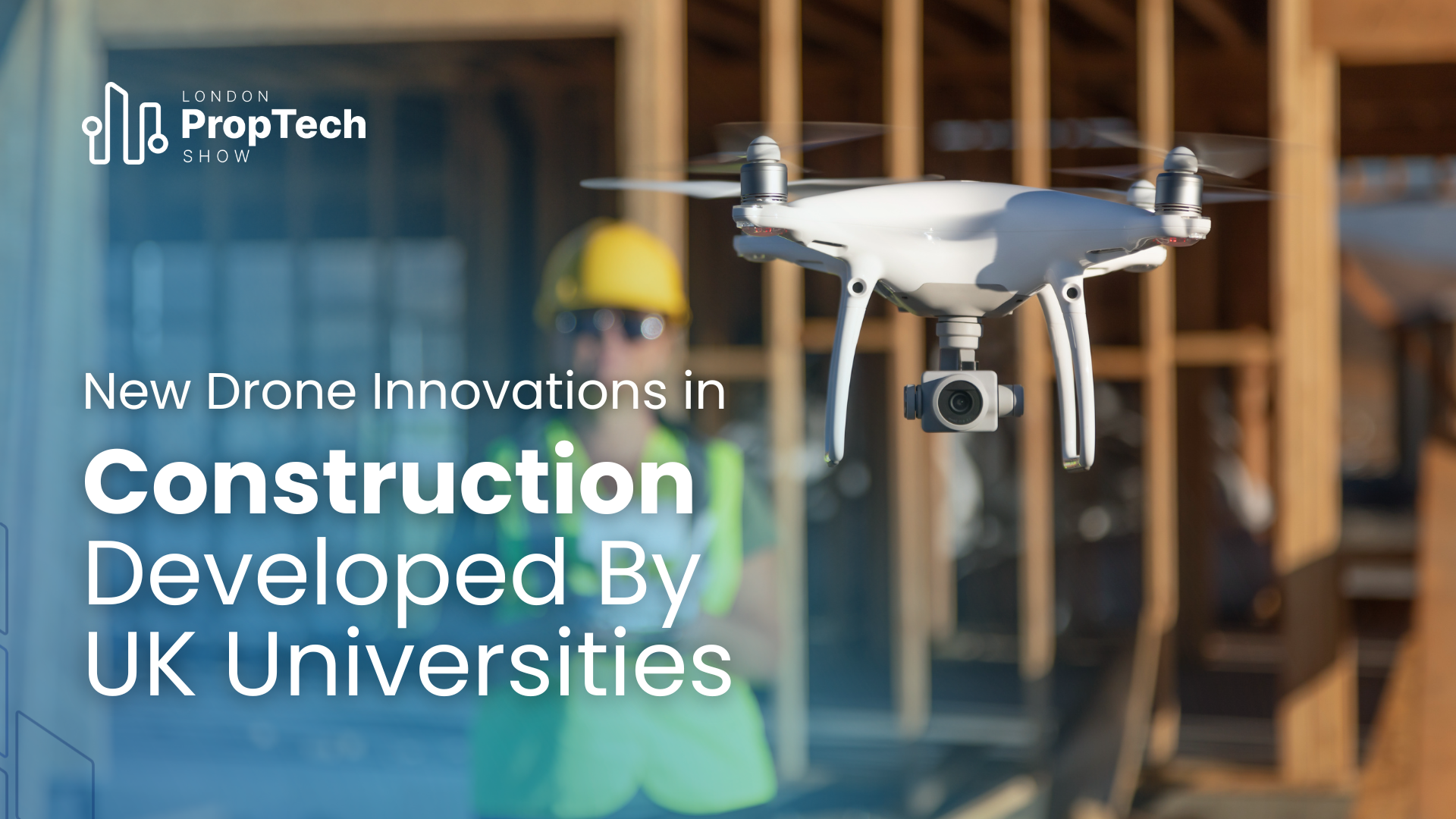United Kingdom - April 25, 2025: New research from Imperial College London and the University of Bristol is redefining the use of aerial robotics in the construction industry, with innovative drone technology currently undergoing testing in Switzerland. Published in Science Robotics, the study explores Aerial Additive Manufacturing (Aerial AM), a process that leverages drones for mid-air material deposition, offering transformative potential for construction safety, sustainability, and scalability.
Aerial AM enables flying construction robots to operate in inaccessible areas or at height, reducing risks to human workers performing similar tasks. Unlike ground-based robotics, these aerial systems face fewer physical constraints, revealing new possibilities for building in challenging environments. The research outlines an autonomy framework specifically developed for Aerial AM, focusing on critical issues such as flight coordination, material deposition precision, and scalability for large-scale manufacturing tasks.
Testing of this technology is taking place at the DroneHub, located at EMPA – the Swiss Federal Laboratories for Materials, Science and Technology – in Switzerland. This facility provides a unique platform for evaluating flying construction machines outside laboratory settings for the first time. Early tests have demonstrated promising capabilities, including rapid on-demand repairs and modular assembly techniques, signaling the potential for broader industry adoption.
In an official press release, Dr. Basaran Bahadir Kocer from the University of Bristol said, “Despite promising advancements, the deployment of aerial robots for large-scale autonomous construction remains in its infancy. Key obstacles include material durability, localisation systems for outdoor environments, and coordination among multiple aerial units. Addressing these challenges is essential to unlocking the full potential of Aerial AM in real-world applications. However, early-stage demonstrations of Aerial AM have already showcased capabilities such as rapid on-demand repairs and modular assembly techniques, paving the way for broader adoption across industries.”
The research is supported by a successful collaboration between the University of Bristol and EMPA, facilitated through fully-funded PhD studentships. This partnership utilizes advanced infrastructure at the University of Bristol, including the Flight Lab, Bristol Robotics Lab, and Aerial Robotics Group, to drive further development of aerial robotics.
This groundbreaking work highlights the growing role of aerial robotics in reshaping construction practices, with ongoing tests in Switzerland marking a significant step toward real-world applications. As the technology matures, it holds the promise of enhancing efficiency and safety across the construction sector.


